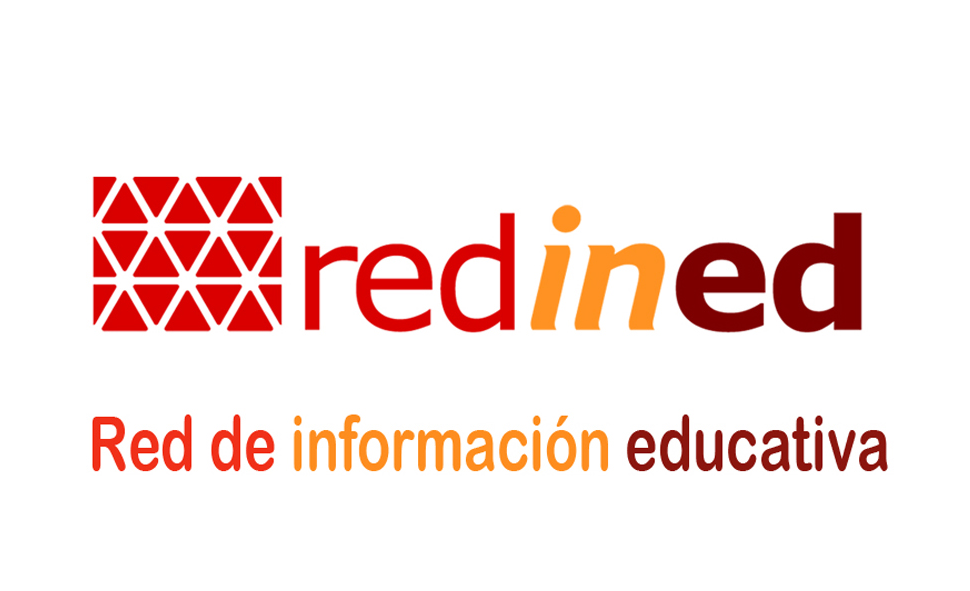Papel de perfiles psicológicos, experiencias vitales, prácticas cotidianas y patrones de uso de internet sobre la calidad de vida de adultos y mayores
Texto completo:
http://hdl.handle.net/10612/6925Nivel Educativo:
Tipo Documental:
Tesis doctoralEstadísticas:
Ver Estadísticas de usoMetadatos:
Mostrar el registro completo del ítemAutor:
Fecha:
2017Resumen:
We are witnessing a period marked by an ongoing process of population ageing, which is linked to the unstoppable advance of technology, especially the Internet and Web 2.0 tools. In this context, the needs of adults and seniors are increasingly complex, requiring urgent political, social and scientific responses as a means of guaranteeing their quality of life and well-being. Consequently, the gerontological research has been recently concerned with the study of all those factors that contribute to active and successful ageing, especially focusing on the physical and cognitive dimensions of the elderly, with a serious knowledge gap in relation to other psychosocial and emotional aspects concerned, despite its proven impact on their quality of life. On the other hand, although the number of Web 2.0 older adult users is increasing, there is still a significant digital gap in this age group. It seems that being 55 years old marks the moment when there is a sudden decrease in the use of these tools. If these tools have shown important physical, psychological, social and emotional benefits and, ultimately, quality of life and vital satisfaction in any age group, we cannot stop studying the reasons why adults and seniors access in a lesser extent to this new world that opens behind its doors, which could contribute to breaking the current barriers. Within this framework, and from the psychological perspective, our goal was focused on the study of usage patterns in Web 2.0 tools by adults and seniors, including the accessibility and usage barriers and the perceived benefits. All of this was analyzed in relation to the quality of life construct, specially highlighting the psychosocial and emotional components (emotional intelligence, coping, self-efficacy, achievement motivation and social competence), life experiences and daily practices. In order to solve this issue, different reviews and descriptive/exploratory surveys were carried out, responding to the research questions that emerged as the survey progressed and to some specific targets.
We are witnessing a period marked by an ongoing process of population ageing, which is linked to the unstoppable advance of technology, especially the Internet and Web 2.0 tools. In this context, the needs of adults and seniors are increasingly complex, requiring urgent political, social and scientific responses as a means of guaranteeing their quality of life and well-being. Consequently, the gerontological research has been recently concerned with the study of all those factors that contribute to active and successful ageing, especially focusing on the physical and cognitive dimensions of the elderly, with a serious knowledge gap in relation to other psychosocial and emotional aspects concerned, despite its proven impact on their quality of life. On the other hand, although the number of Web 2.0 older adult users is increasing, there is still a significant digital gap in this age group. It seems that being 55 years old marks the moment when there is a sudden decrease in the use of these tools. If these tools have shown important physical, psychological, social and emotional benefits and, ultimately, quality of life and vital satisfaction in any age group, we cannot stop studying the reasons why adults and seniors access in a lesser extent to this new world that opens behind its doors, which could contribute to breaking the current barriers. Within this framework, and from the psychological perspective, our goal was focused on the study of usage patterns in Web 2.0 tools by adults and seniors, including the accessibility and usage barriers and the perceived benefits. All of this was analyzed in relation to the quality of life construct, specially highlighting the psychosocial and emotional components (emotional intelligence, coping, self-efficacy, achievement motivation and social competence), life experiences and daily practices. In order to solve this issue, different reviews and descriptive/exploratory surveys were carried out, responding to the research questions that emerged as the survey progressed and to some specific targets.
Leer menos



